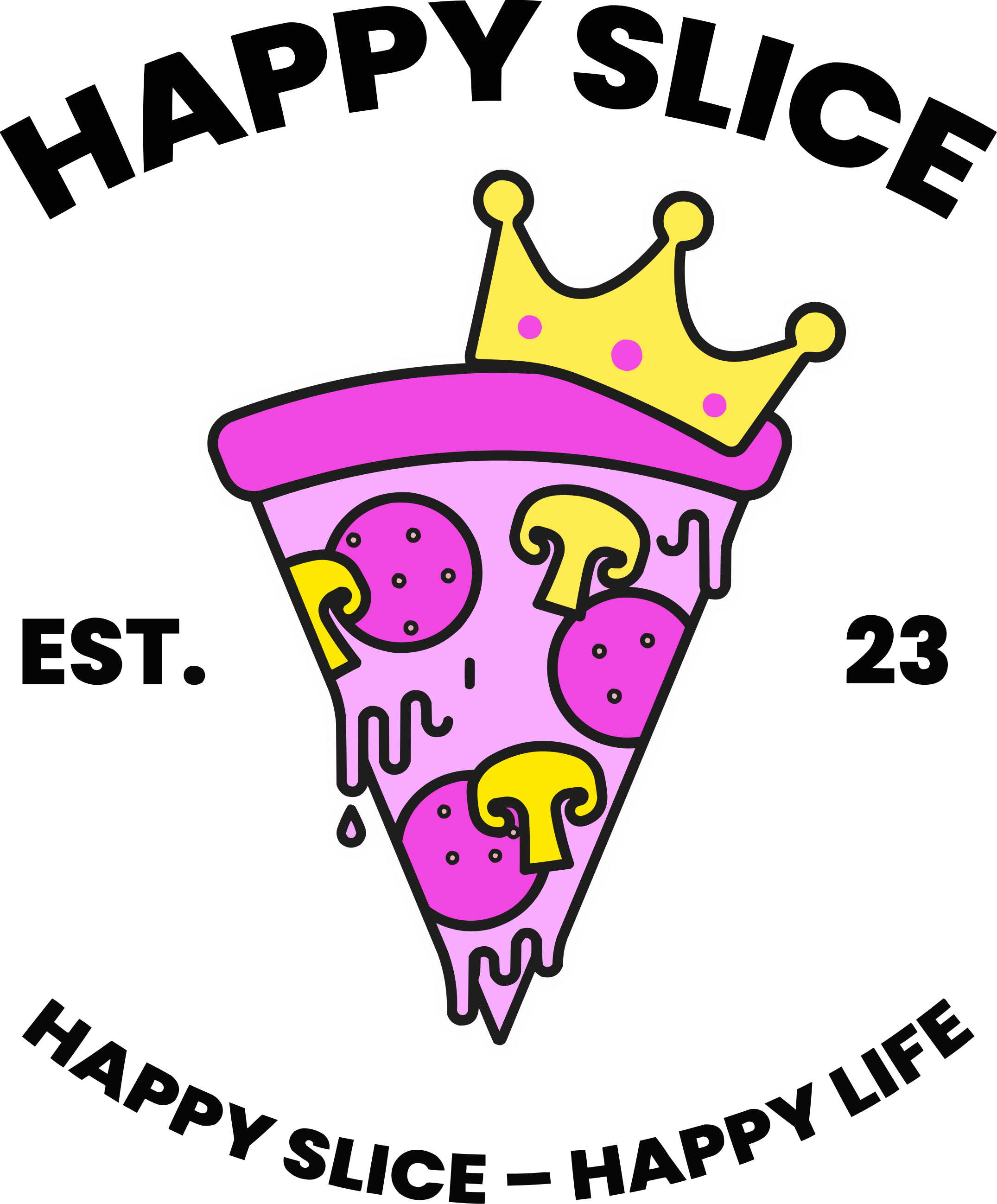What is Private Label and how does it work?













Why Private Label Food & Beverage Products are the Future of Your Brand
Understanding Private Label: Definition and Background
Private label products are those manufactured by one company and sold under another company's brand. This practice is prevalent in various industries, particularly in the food and beverage sector. Private label brands offer retailers and businesses the opportunity to create unique product lines without investing in the production process. The concept of private labeling has been around for decades, initially gaining traction in the mid-20th century. Retailers sought ways to differentiate themselves from competitors and saw private labeling as an ideal solution. By offering products under their own brand names, retailers could build customer loyalty, increase margins, and have greater control over pricing and marketing strategies. In the food and beverage industry, private label products have become a staple. From grocery store shelves to specialty shops, you can find an array of private label products ranging from snacks and beverages to gourmet foods and health supplements. These products are often produced by third-party manufacturers who specialize in creating high-quality items that meet the specifications and branding requirements of the retailer.
The Evolution of Private Label: Growth During Economic Challenges
Over the years, the private label market has experienced significant growth and transformation. Initially perceived as lower-cost alternatives to national brands, private label products have shed this image and evolved into premium offerings that compete on quality and innovation. This evolution was particularly noticeable during the economic crisis of the late 2000s and the more recent global economic challenges brought on by the COVID-19 pandemic. During these periods, consumers became more price-conscious and turned to private label products as a cost-effective alternative to more expensive national brands. Retailers responded by expanding their private label offerings, focusing on quality and value to meet the changing demands of consumers. The economic downturns highlighted the resilience and adaptability of private label brands. Retailers invested in improving the quality of their private label products, leveraging consumer insights and trends to create items that met high standards. This shift helped alter consumer perceptions, positioning private label products as viable and often preferable options compared to national brands. Moreover, advancements in manufacturing and technology have played a crucial role in the development of private label products. Modern manufacturing processes enable the production of high-quality goods at competitive prices, allowing private label brands to offer products that rival or even surpass those of established brands. This has led to an increase in consumer trust and loyalty towards private label products.
How Private Label Works: The Process and Benefits
Understanding how private label works can help businesses and retailers leverage this strategy to their advantage. The process typically involves several key steps, from product development to market launch. 1. Product Selection and Development: The first step in creating a private label product is selecting the right product to match your brand's identity and consumer demand. This involves market research, trend analysis, and identifying gaps in the market that your product can fill. Once a product is chosen, you work with a manufacturer to develop the item according to your specifications, ensuring it meets quality standards and regulatory requirements. 2. Branding and Packaging: After the product is developed, the next step is creating the branding and packaging. This includes designing the product's label, choosing packaging materials, and creating marketing collateral that aligns with your brand's image. Effective branding and packaging are crucial as they influence consumer perception and buying decisions. 3. Production and Quality Control: The production phase involves working closely with the manufacturer to ensure that the product is produced consistently and meets all quality standards. This includes regular inspections, testing, and quality control measures to maintain the integrity of the product. 4. Distribution and Marketing: Once the product is ready, it is distributed to retail locations or directly to consumers through various channels. Marketing plays a critical role in the success of private label products. Effective marketing strategies, such as social media campaigns, influencer partnerships, and in-store promotions, can help raise awareness and drive sales. 5. Customer Feedback and Improvement: Post-launch, gathering customer feedback is essential for the continuous improvement of the product. This feedback can provide valuable insights into what consumers like or dislike, allowing you to make necessary adjustments and enhance the product over time. The benefits of private labeling are numerous. For retailers, it offers the ability to create exclusive products that can drive customer loyalty and increase profit margins. Private label products also allow for greater flexibility in pricing and marketing, as well as the opportunity to quickly respond to market trends and consumer demands. In summary, private label food and beverage products provide a strategic advantage for businesses looking to differentiate themselves in a competitive market. By understanding the process and benefits of private labeling, you can create unique, high-quality products that resonate with consumers and build a loyal customer base.





